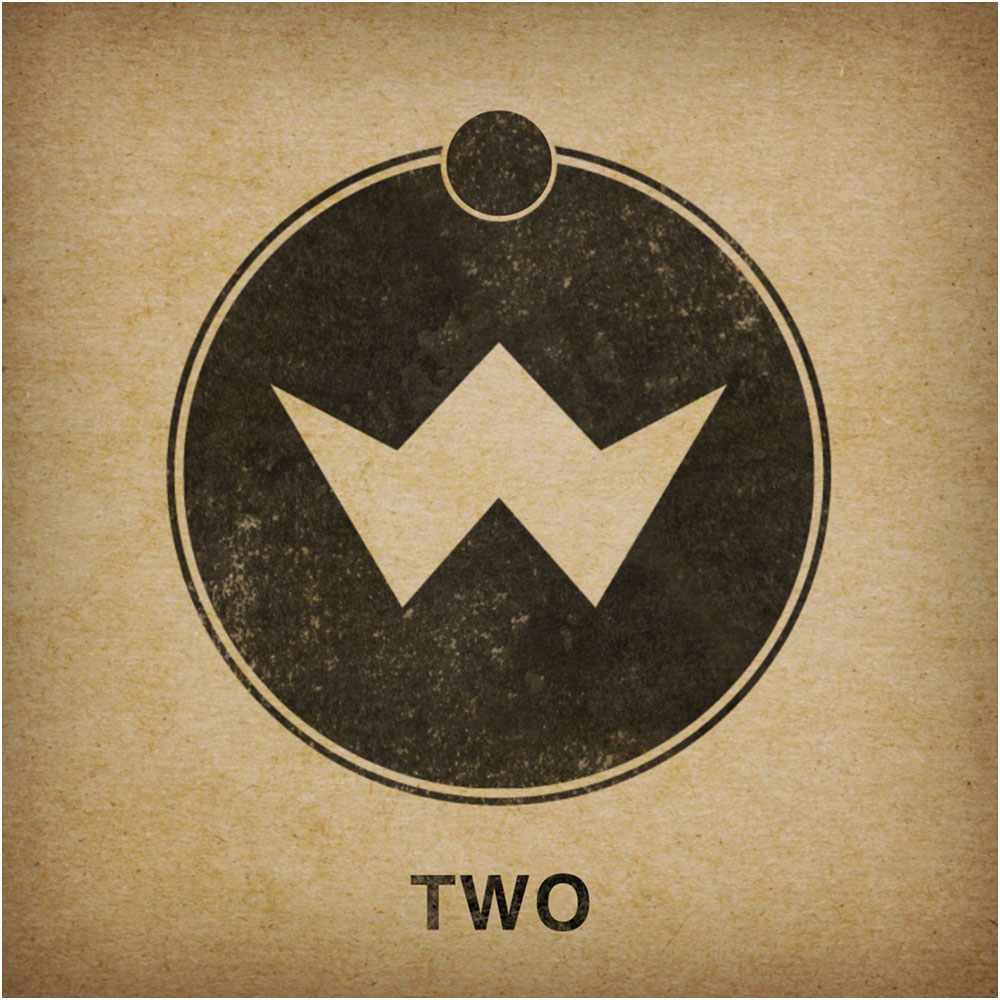
The Worship Initiative
Mercy
Mercy
Have mercy on me, O God, according to your steadfast love; according to your abundant mercy blot out my transgressions. (Psalm 51:1)
Mercy is a controversy.
The superscript text of Psalm 51 hints for us the horrible circumstance behind David’s prayer:
TO THE CHOIRMASTER. A PSALM OF DAVID, WHEN NATHAN THE PROPHET WENT TO HIM, AFTER HE HAD GONE IN TO BATHSHEBA.
We know the story. Here is a man who, by his power and influence, has committed adultery, and then murder. He has even condemned himself when the prophet Nathan confronted him, exposing the gross injustice of his action. David determined, ironically speaking about his own sin, “As the Lord lives, the man who has done this deserves to die” (2 Samuel 12:7).
This information about David’s actions makes his prayer almost intolerable. Sometimes I think we miss the full atrocity here. David is a guilty slimeball. He has done a terrible thing. And yet he comes to God and asks for mercy. How can that be right? This man is guilty — guilty! And in all that guilt and shame, he comes to God.
Because God Is Merciful
David speaks to God and cries out for mercy because he knows that God is merciful. He can’t do anything in his own strength to convince God’s kindness. He doesn’t say, “Have mercy on me because I …”
I nothing.
David has nothing — nothing but God who is merciful. The only way that David can really have his transgression blotted out is if God acts according to his steadfast love. If mercy will come, it will be because of who God is, not what David might do.
That is what the plea for mercy says. It is the confession of our own emptiness. It is casting our entire lives onto the surety of God’s character — the God who is “gracious and merciful, slow to anger and abounding in steadfast love” (Psalm 145:8). This is where David is in Psalm 51. And it’s where we are right now. It’s where we live.
Where We Live
Our stories may not be like David’s, but our coming to God must be. Just like David, we have nothing to bring. We are just as broken, just as desperate. And our only hope is God himself. We come, too, crying out for his mercy, forsaking every other thing that we might lean on, knowing that the only way we can stand before the Judge of the universe is to kneel before the cross of Christ.
It is there, at the cross, where we see the mercy of God most vividly displayed. There, in the death of Jesus in our place, is where God’s steadfast love blots out our transgressions. Our asking for mercy is an act of trust in that work, and it won’t go unheard.
That Eternal Song
It doesn’t matter what you’ve done, or how messed up you are. This is about God, about his character, about his mercy made clear at Calvary. As sure as that work is — as dead as Jesus was at the cross, as raised as he was on the third day, as seated as he is right now at the Father’s right hand — the cry for mercy will mean mercy. The wrath we deserve will be gone. Our need for security will be met, hidden in the blood of Jesus, in the endless sea of his mercy.
Then we sing hallelujah for all eternity.